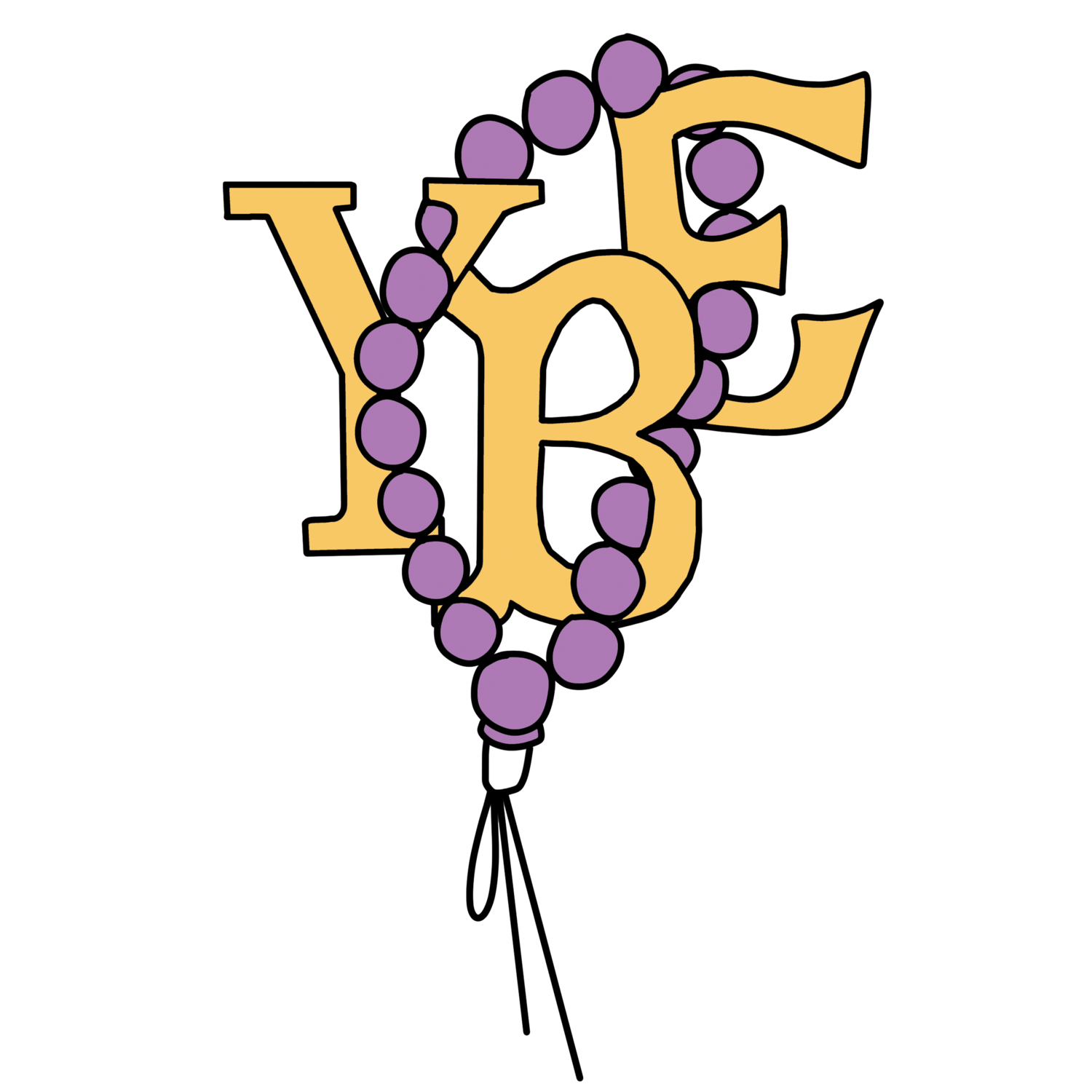The Proposal
Contributed by Jonathan Hirabayashi
Bus lists for removal from Irvington to Tanforan, CA (cropped; highlights added). Photo by Dorothea Lange. National Archives. Photo #537588.
When bus no. 2 left Irvington, CA on May 9, 1942, my parents, Toby and Shizu, were not an “item.” They were parts of the Hirabayashi and the Mitsuyoshi families. My dad once related to me that a marriage between them was improbable before evacuation as there was resistance from both sets of parents. The Hirabayashi family was Buddhist and the Mitsuyoshi family was Christian. Furthermore, there was an education disparity as my dad was a high school graduate constrained by family responsibilities as the eldest son on a farm while mom was a college graduate, teaching at a private school in nearby Los Gatos.
Nevertheless, about a month prior to evacuation, my dad purchased a wedding ring and put it in his pocket with the hope that the tumultuous times might shape a “yes” to his proposal of marriage.
Arriving at Tanforan. Shizu Mitsuyoshi is in the center, in a white coat. Photo by Dorothea Lange. National Archives. Photo #537932.
At Tanforan Assembly Center in California, my dad proposed to my mom. The wedding date was August 16, 1942. I believe this was the first wedding at Tanforan.
Shizu and life-long friend and “body double,” Mary Louise Zingham, in the 1960s
I know of three wedding details: My mother’s wedding dress was furnished by Mary Louise Zingham, who was a good friend, former classmate, and fellow Honor Society member at San Jose State. Size-wise, she was a body double for my mom, so she was able to try on dresses and select one.
The second detail? The honeymoon consisted of being driven around the horse track—twice—in a car.
Horse stalls at Tanforan. Special Collections, J. Willard Marriott Library, The University of Utah
And lastly, their honeymoon suite was a horse stall. My father's well-meaning older sister, Masako, scrubbed out the stall with a brush and hot soapy water. Unfortunately, the damp wood and horse manure made the stall smell really bad. My parents were able to joke about this years later. I thought it was funny, too, when I first heard the story. Nowadays, when I think about it, I get mad and sad at the same time.
Jonathan Hirabayashi was born in 1946 in American Fork, UT. His parents, Toby and Sugar, farmed and later opened a produce store near Pleasant Grove before returning to the San Francisco Bay Area in 1956. Jon graduated from UC Davis, served in the Army, and got an art degree from Cal State Hayward. He worked as a graphic designer at the Oakland Museum before establishing his own business as an exhibit designer and fabricator. He lives in Oakland, CA.




